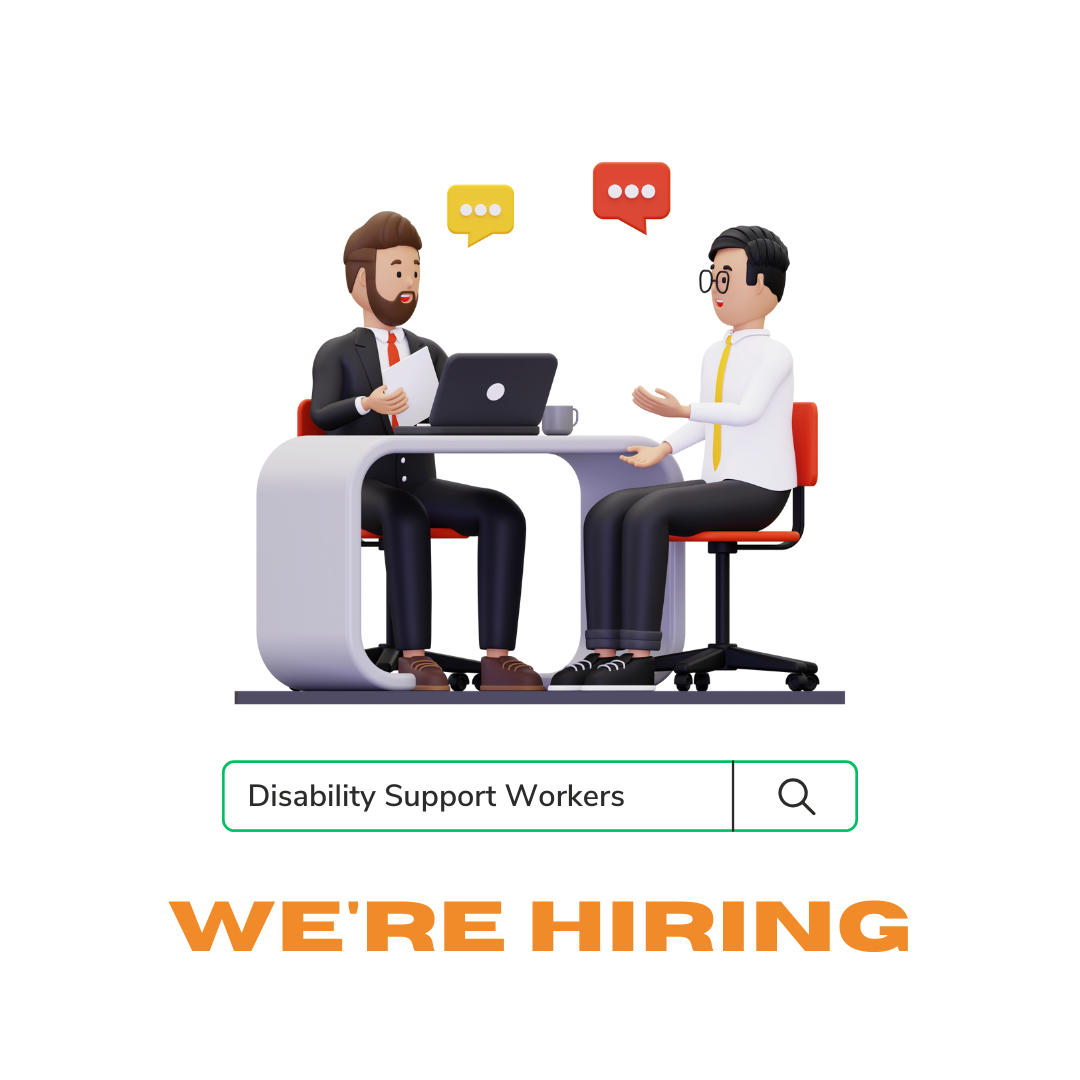It can be quite confusing and challenging when navigating the NDIS for the first time. Being prepared for what is coming up in your NDIS plan is one way to ensure it is as beneficial as it can be.
Getting started with an NDIS Plan can be tricky, so we are here to help.
You can better prepare for your NDIS Planning Meeting by knowing what to expect when you first arrive and by communicating the dreams and goals you hope to accomplish over the next year.
Below are some tips that will ensure you get the most out of your planning meet up with your support provider with some valuable information.
Table of Contents
Toggle#1. Getting ready for the NDIS planning meeting
NDIS plans are for you. You should use it to reflect your values, who you are, and what you hope to achieve. You and your planner can develop a plan that’s right for you based on your experiences and interests.
Before approaching Advance Care, most of our clients shared their stories of getting blank when attending their first NDIS plan meeting. The situation is quite understandable as you might be overly nervous, stressed or filled with emotions. The sudden outburst of emotion helps none.
Beforehand, get ready! Do your homework correctly. Go through all the reports to rely on the information and NDIS services you are seeking.
#2. Figuring out your support needs
List out your everyday task or chores, or activities. A good workbook allows you to address your activities and help you prepare a straightforward question on family support and transportation.
As part of the preparation, you’ll also track your daily activities and routines, which you’ll be asked about in the planning meeting.
Your planner will use this information to determine what you need for your home or yourself, including any equipment, accommodation, or help.
You can add more visibility to the workbook through photographs of your daily task. You can also set a timetable of the work you are committed to and share it with the NDIS planner.
You can look for NDIS transportation funding, home modifications, and transport modifications based on the workbook.
#3. Discussing the existing core support
You’ll also be asked about your existing support. Aside from help from family, friends, and health care, job and social activities can also provide unpaid support.
You may wish to bring quotes from your service providers to your planning meeting to help frame a well-structured budget.
You can prepare the requirements you expect from the current service providers and the changes you want to make in the existing NDIS support plan.
For example, you might want to add NDIS transportation funding to your schedule, so discuss this during the plan meet up.
#4. Planning your NDIS budget
There are different needs for people with disabilities.
Support for your disability and assistance for achieving your goals are provided through your NDIS funding.
It is determined that you will receive reasonable and necessary funding for you to accomplish your goals and the assistance provided to you by family, friends, and others in the community.
NDIS Participants can avail of three supports:
1. Core support budget
The budget is permitted for everyday items, daily activities, transportation support and community and social participation.
2. Capacity building budget
This budget is only allocated when it gets matched with your plans and goal. You can choose the spending once approved.
The NDIS participants can thoroughly use the capacity-building budget for training and plan management, employment assessment and counselling, learning, and social and community participation.
3. Capital support budget
The budget can be utilized for modification and assistive technology. But before using the funds, you need to get quotes from the vendors. The funds cannot be used as the capital building budget.
You can use it for the specific purpose of home modifications and assistive technology.
#5. Clearly defining the goals
Try connecting your goals with the NDIS support plan. You take the NDIS plan to cope with the everyday challenges as an NDIS participant.
Emphasize the NDIS support and services which inter-relate your goal. Focus on the present circumstance and your future requirements.
Few goal instances include keeping up with the current employment, improving the existing house, developing proper well-being, and getting more social and independent.
#6. NDIS fund management
How do you want to get your fund managed?
A discussion about how you want to manage your NDIS funding will occur at your planning meeting with the NDIS planner.
In response to your circumstances and needs, they can help you choose how to manage your funds best.
You may choose self-management, plan management or agency management. You need to get this done before you meet with the planner.
Regardless of how your funds are managed, you have the choice and control to ensure that the services you receive are right for you and fit within your budget.
As long as you maintain control of the plan, you don’t have to worry about financial or administrative issues.
- Self-management: Your NDIS plan is managed by your close family members. Every funding process will be accountable to the nominee.
- Plan management: A registered plan management provider like the Advance Care frame plan without much stress. Your NDIS provider takes control of the funding and expenses and keeps track of every payment.
- Agency management: The NDIA shall provide an NDIS registered service provider.
#7. Achieving the approved plan
The plan manager will be able to print out your plan in various accessible formats, such as electronic text (on CD), large print or audio (on CD), or translate it into your desired language or Braille during your planning session.
The plan is available on the NDIS portal for 24 hours after approval. Apart from the portal, the plan manager sends an email copy. The approved plan demonstrates the plan you have discussed with your plan manager.
It primarily includes:
1. Details about the NDIS participants
Basic information such as your location, disabilities and day to day activities are noted in this section.
2. Information about the friends & family
The family support information is mentioned in this section allowing the participants to achieve their NDIS goals.
3. Community and group support
Funds delivered by the community or government are mentioned in this section.
4. Goals of the NDIS participants
The current goals of the participants are mentioned. The fund support provided to the NDIS participants allows the NDIS planner to bridge the goal and NDIS plan.
5. Support fund
The allocation of the funding under each category is mentioned in this section. Not all category funds are provided to the NDIS participants. The maximum support available is for two categories which will decide based on the individual needs and support service.
Can the NDIS participants disagree with the support fund offered by the NDIS Plan Manager?
If dissatisfied with the plan, you can ask NDIA for the plan’s internal review.
Conclusion
NIDS is an Australian program that supports people with disabilities and their caregivers.
At the Advance Care , we often get asked questions concerning NDIS planning meetings, including what people should do before, during, and after these meetings.
There are some great resources to help you prepare if you are new to the NDIS or if you are having a review meeting soon. Our goal is to ensure you have a productive and successful planning meeting.
A careful NDIS planning is a must for the participants for the plan; once approved will be there supporting your goals and assisting you in your daily activities and everyday requirements.
Advance Care agency is the registered NDIS service provider in Australia. The NDIS agency is working directly to provide support to people with disabilities and is efficient in getting access to the right NDIS funding, making the participants live independently.
Contact Advance Care for the right NDIS plan to enjoy the benefits of the NDIS support service.





